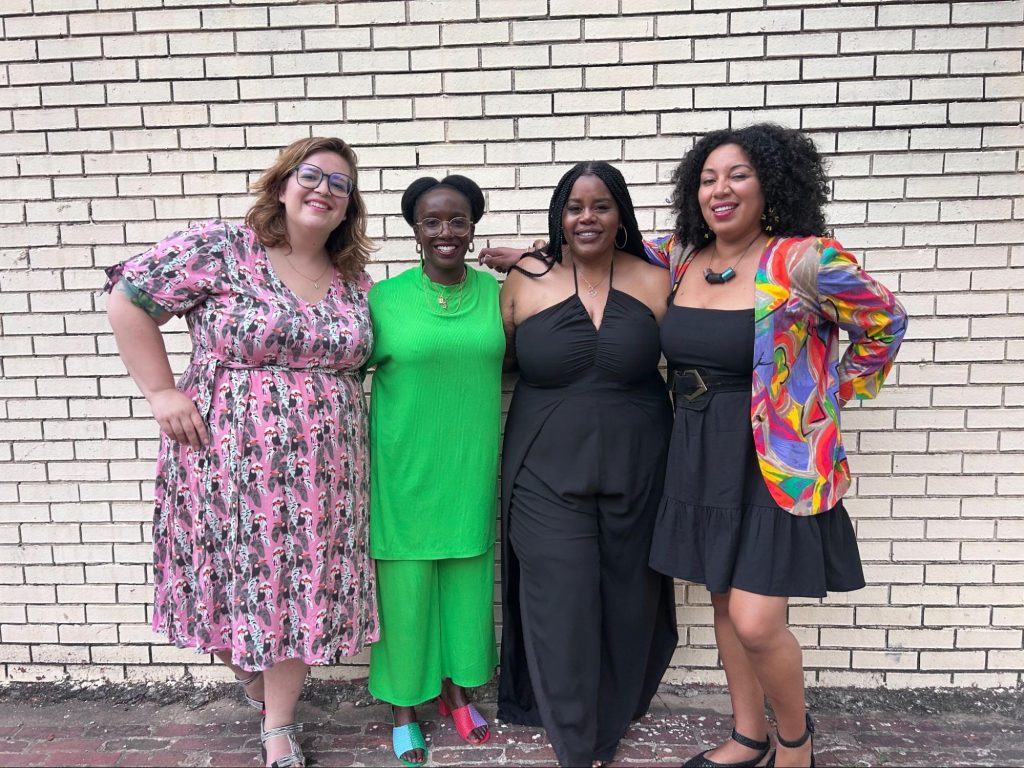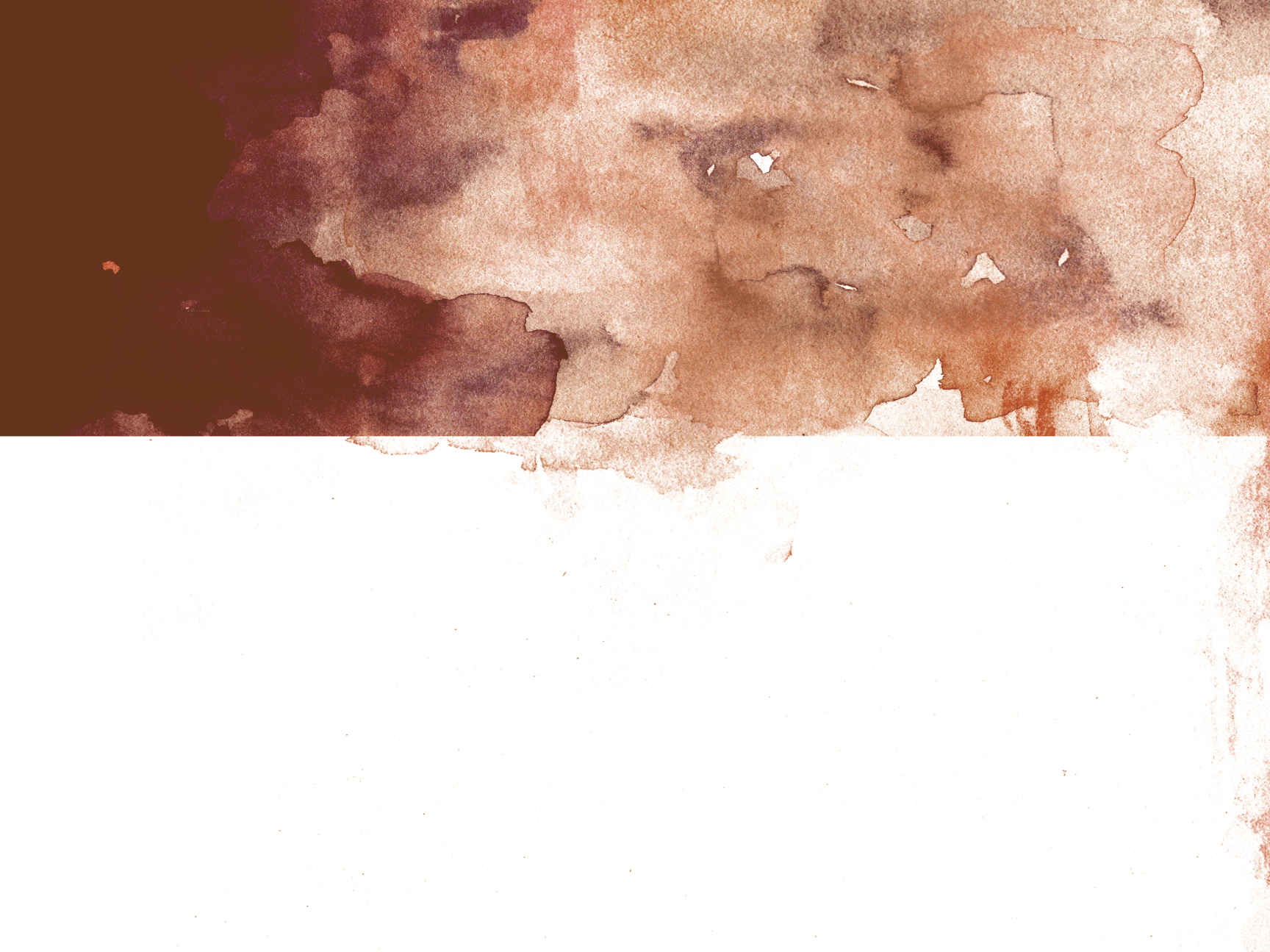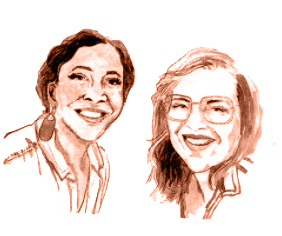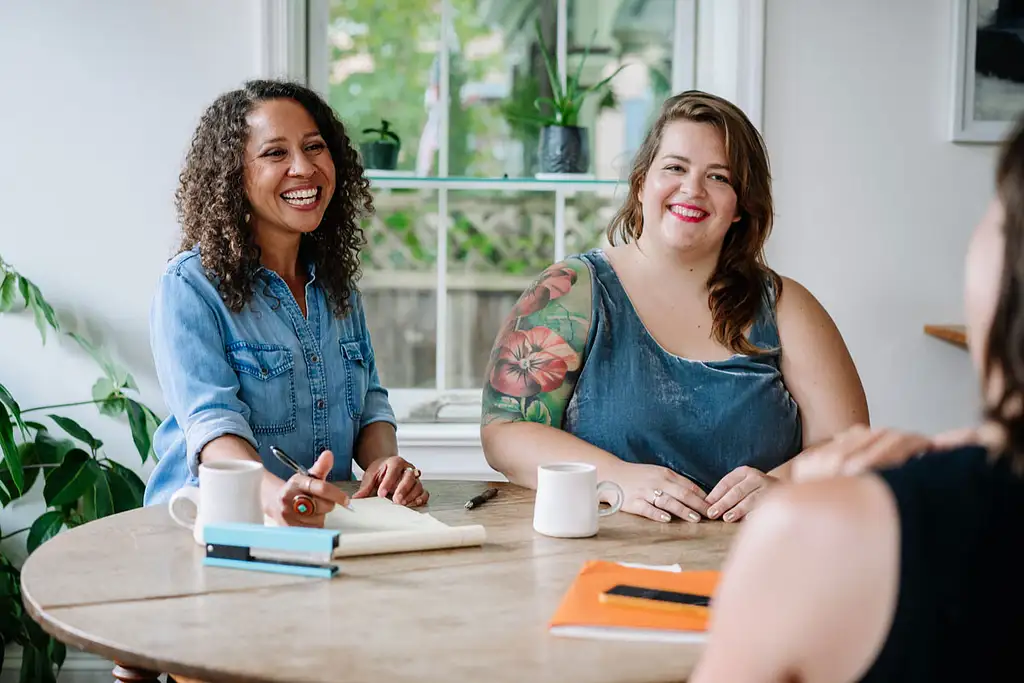Our Trip to the South with RUNWAY: Building Infrastructure in Support of Black Economic Power
RUNWAY is one of Chordata’s core partners in the work of repair. Led by an incredible leaderfull team of creative Black women, RUNWAY is a financial innovation firm working nationally to support Black economic power building. Chordata is invested in their work in a variety of ways: In their CD program in partnership with Berkshire Bank, in Something Better Foods, a company run by RUNWAY entrepreneur Chef GW Chew, and we are in the process of investing in REAL People’s Fund, a community-governed fund in the Bay Area that RUNWAY leads.
Excitingly for all of us, RUNWAY just launched ROOTED, a 10-year commitment to investing in the South, which will include a national fund that can support Black creatives and entrepreneurs across the country. The project is led by our friend and colleague, Jessica Norwood, the Founder and CEO of RUNWAY and a frequent guest in our cohort programs, sharing stories and examples of repair.
In May of 2023, RUNWAY hosted a delegation to visit Alabama! It was a learning trip with the full RUNWAY team and their allied funders, to visit with several Black communities in Alabama to explore what it would be like to build an economy in Alabama that loves Black people.
I felt so lucky to be invited and to attend! I felt really lit up by this trip. It was really special for me as a white, wealthy inheritor to be welcomed into Black-led work and Black-owned spaces in the South. I felt deeply moved when trusted colleagues would name me and name the importance of Chordata’s work in their presentations to these communities.
We started in Mobile, where Jessica grew up. Her father was the mayor of Pritchard, a Black town right outside of Mobile. It was so powerful to hear Jessica in conversation with her father about what it takes to build and sustain Black political and economic power. We traveled to neighboring Africatown, and visited the graves of survivors of the Clotilda, the last known slave ship that landed in the Mobile delta in 1860. There’s an incredible film, Descendant, that documents the story and includes film footage of Cudjoe Lewis, one of the oldest survivors, taken by Zora Neale Hurston in 1927 (she tells his story in his own dialect in Baracoon).
Next we traveled to Gee’s Bend. My mom was obsessed with these gorgeous quilts when I was growing up, so the art was familiar to me. There’s been so much work done to lift up these artists and their art, and interrupt legacies of Black artists’ work being stolen, and some quilters have built some wealth. But it’s wild to see how this success has not translated into community wealth or infrastructure–there’s no sanitation system, no gas station, no grocery store, no cell service, no internet, no place to stay, in Boykin, Alabama. There’s a ferry across the river, or a 45 minute drive to the nearest town. They are building a beautiful visitor center, hosting an annual “Airing of the Quilts” festival and reviving the Freedom Quilting Bee, a Black women’s cooperative founded in 1966. But there’s still so much need for investment.

Our journey had so many special moments including a mardi gras band and farm-to-table dinner at the historic Black-owned Jenkins Farm, and a visit to Michelle Browder’s visionary project Mothers of Gynecology. And we ended in Montgomery, Alabama, where we heard from Black artists and creatives at a hip Black-owned gallery and event space. Throughout the trip, the RUNWAY team centered Black artists and Black art. During a panel Nina moderated with Black artists in Pritchard, she proclaimed: “Art and creativity is what makes life worth living.” Even in our side conversations, we found ourselves talking about the art we make, the art we dream of making, and how much creativity is required to be in this work of reimagining the economy. How finance itself is an art, and not a science. In Montgomery, I remember Jessica saying “What does it mean to be a creative entrepreneur? All Black Entrepreneurs have to be creative to survive and thrive.”

And on our last day we visited Erica Washington at Clarke Street Fund. She sat us all down under a huge tree, and as I was enjoying the shade and wondering if it was a walnut, she shared that we were on the land of her Great-Grandfather and gathered under a more than 100 year old pecan tree, that still offered a bumper crop every other year. We were able to help weed some garden beds, and get our hands in the soil, and they offered us gorgeous refreshing watermelon juice. Across the street is an empty lot that used to house a grocery store run by her family. Now Erica and her sister are continuing that legacy and working to feed the community.
On our first night in Mobile, Nwamaka Agbo shared: “We have to be clear that we too are trying to be transformed in doing this work.” It was not that we were trying to bring our ideas or strategies and impose them on these communities, where there is such a history of trust being broken and outsiders coming in to try to “fix” and ultimately abandon them. The trip was intended to change us, to reshape how we as investors were imagining returning resources to the South. I’m excited to return to Alabama as RUNWAY builds out more infrastructure to support Black creatives and entrepreneurs in the South, and I hope members of the Chordata community will come with me!



